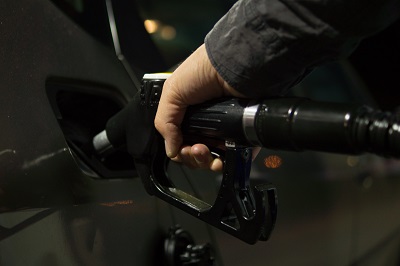With so many fuel options available at gas stations, how do you know which one to choose? Your vehicle needs fuel that is injected into the engine’s cylinders to propel your vehicle. The combustion engine relies on air, fuel, and ignition to operate. If one of these elements is missing, your engine will likely not run at all. Every car must use proper fuel that is suitable with its engine specification. If the fuel you put in your vehicle is incorrect, it may not run, and if you have a gasoline engine, you may require a specific fuel grade for your engine to run properly.
Thank you for reading this post, don't forget to subscribe!There are so many different types of fuel. Before you fuel up your vehicle, you need to know which fuel pump to use. Using improper gasoline can create severe engine damage that may require expensive repairs. That is why choosing the right fuel for your car is very important. We are here to help you decide what kind of fuel to put in your vehicle!

How Do I Know What Fuel My Car Takes?
Always consult your vehicle’s owner’s manual to determine what fuel your vehicle manufacturer recommends. It should tell you all about what is best for your engine. You will find the minimum octane rating in the owner’s manual, and cars that require premium fuel will usually say so on or near the gas cap and sometimes even by the fuel gauge. Fuel that’s not in line with your vehicle’s requirements can damage both the car’s engine and emissions control system.
What Is Octane and Which Octane Gas Should I Use?
When it comes to gas for your car, it is not about which octane is the best but which octane your vehicle requires. Octane rating measures a fuel’s ability to resist “knocking” or “pinging” during combustion. You should always use at least the minimum octane rating recommended by your vehicle’s manufacturer. Generally, regular fuel is 87 octane, premium is 91 or 93, and mid-grade is somewhere in the middle, often 89.
What’s Best for Your Car?
To figure out what’s best for your vehicle, check the owner’s manual, take a test drive to see how your car reacts to premium gas, and then try regular. Compare how it runs given the fuel difference. Some cars will run better with premium, while others simply will not.

